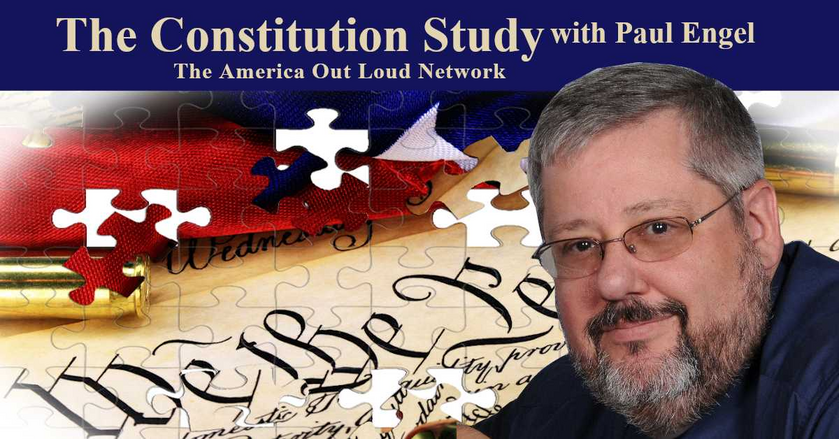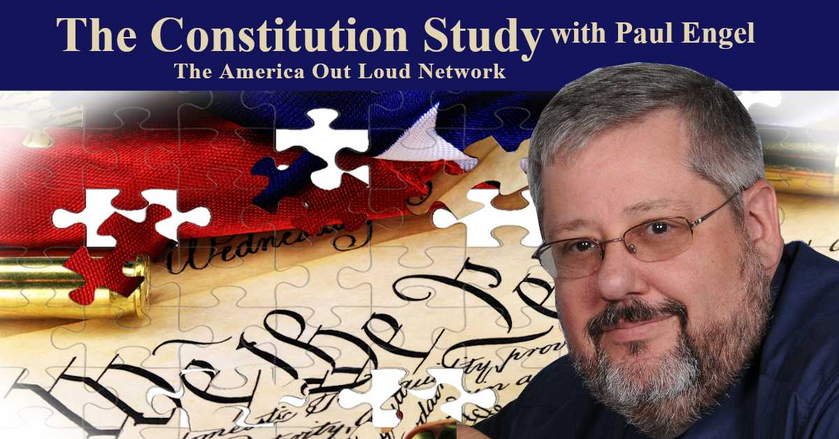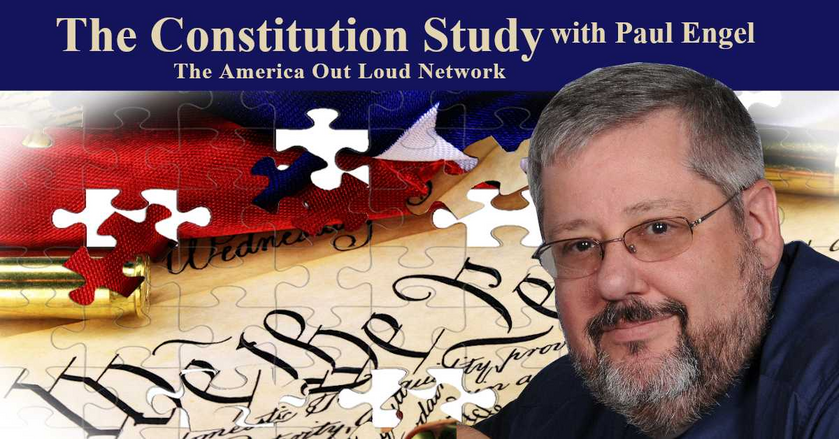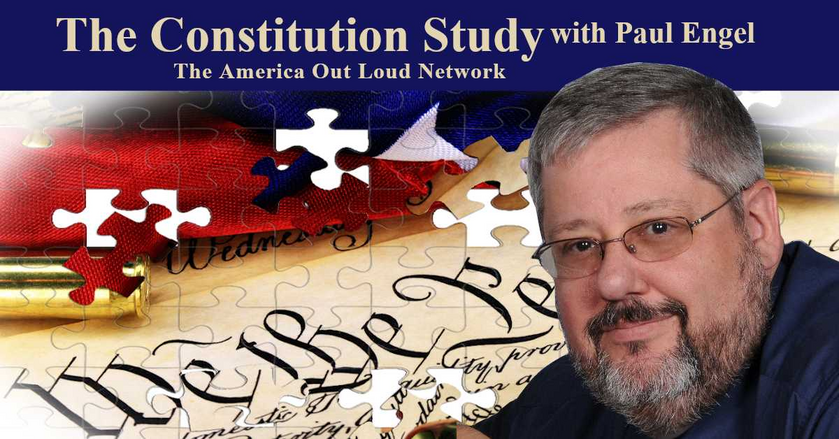
I’m sure you’ve heard about Donald Trump’s 10-point plan to dismantle the “Deep State”. While many people seem to support it, I wanted to take some time and look at it from a constitutional standpoint. Does the Constitution authorize the President to do what Mr. Trump plans to do? Can he exercise those powers alone or will he need the assistance of Congress. Will these policies bring more liberty and justice, or just more government control. Let’s look at see. - Live 4PM ET with Host Paul Engel @CyberEngel @OutLoudNews
LIVE http://rdo.to/TALKLOUD
iHEART RADIO http://bit.ly/2mBrCxE

Who is in charge of your children? That has been a perennial question that has grown in importance over the last few years. When I was a child, it was understood that, with rare exceptions, parents were in charge of a child’s upbringing. This included medical, religious, and educational decisions. However, over the last few decades, the role of the parent in these decisions has been replaced by experts. What happens when the goal of the experts differs from those of the parents? Who decides the future of the rising generations? It was understood that the state acted in loco parentis, in place of the parents, only for the safety of the child. A recent case in U.S. District Court shows that be it health departments, child services, schools, or even the courts. Government not only believes they know better than the parents, they are more than willing to act in loco parentis tyrannis.
https://constitutionstudy.com/?p=8897
With the release of ChatGPT and other artificial intelligence (AI) applications, there has been a lot of speculation and downright assertions about our future. With over 30 years of experience in Information Technology (IT), not more than a passing understanding of AIs, I've come to the conclusion that much of what I've heard is more science fiction than fact. A recent court case decided in the D.C. District Court revolved around one very important question. Do AIs have rights?
In this third installment of the three-part series on the branches of government, we look at the role of the third and weakest branch. At least that is what our Founding Fathers thought of it. What is the role of the federal judiciary? What are the extent of their powers, how do they related to the other two branches of government, and why is a proper understanding of the role of the judiciary critical if the United States is to remain a constitutional republic?
https://constitutionstudy.com/?p=8575
With almost 250 years of experience, you might think we’d have this republic governing thing down by now. Between government shutdowns, political grandstanding, and just plain stupidity, you would think, with almost 350 million people in America, you’d think we could find better representation. - Live 4PM ET with Host Paul Engel @CyberEngel @OutLoudNews
LIVE https://buff.ly/3A9cbyK
iHEART RADIO http://bit.ly/2mBrCxE

Recently, my wife and I rewatched the original Star Wars trilogy. There’s a line in Return of the Jedi which I think perfectly describes today’s society. “You will pay the price for your lack of vision.” - Live 4PM ET with Host Paul Engel @CyberEngel @OutLoudNews
LIVE https://buff.ly/3A9cbyK
iHEART RADIO http://bit.ly/2mBrCxE

As a child, I remember the TV asking parents, “It’s 10 o’clock. Do you know where you children are?” Some recent news articles reminded me of that saying, only not about our children, but about our Congress. - Live 4PM ET with Host Paul Engel @CyberEngel @OutLoudNews
LIVE https://buff.ly/MrC3i6c
iHEART RADIO http://bit.ly/2mBrCxE














